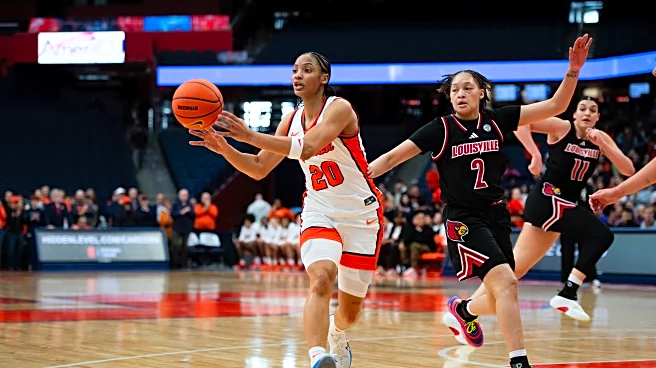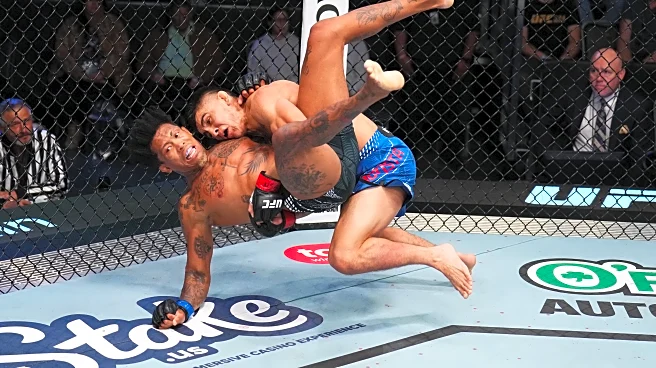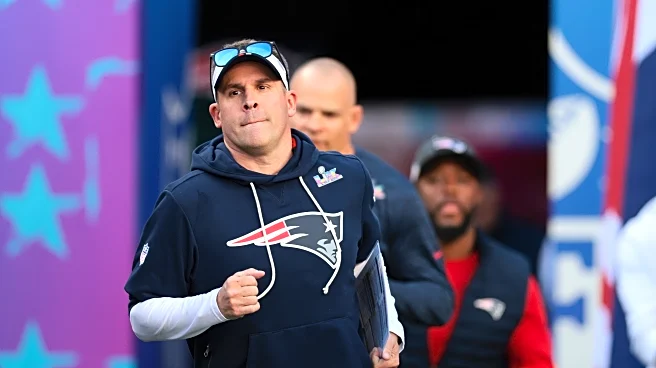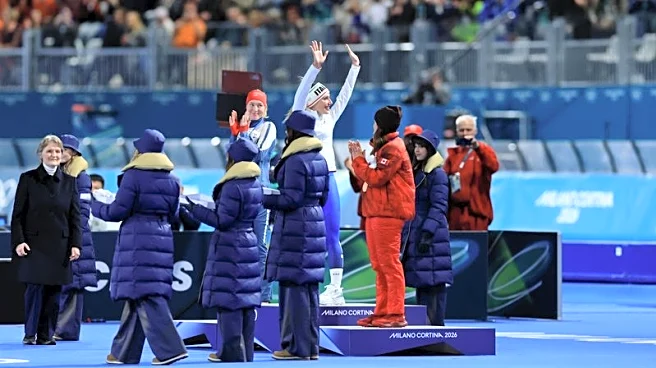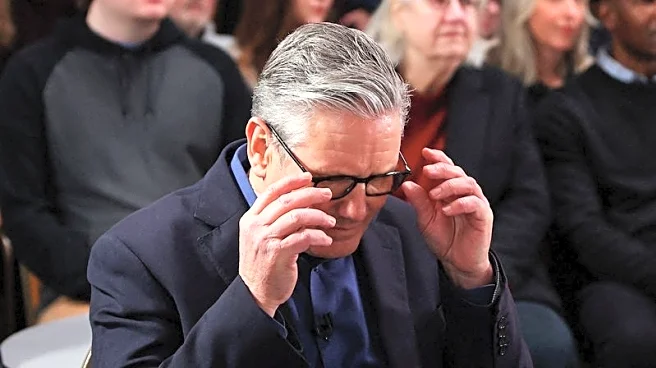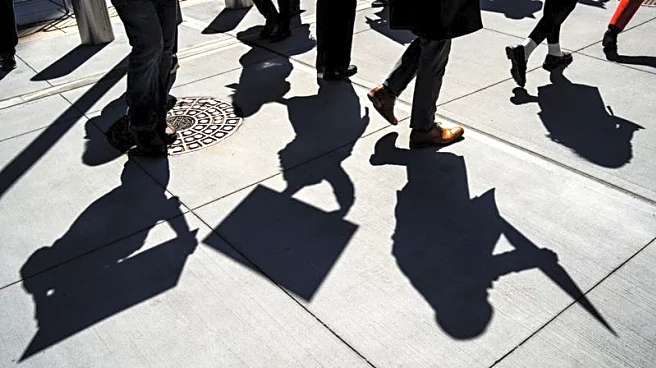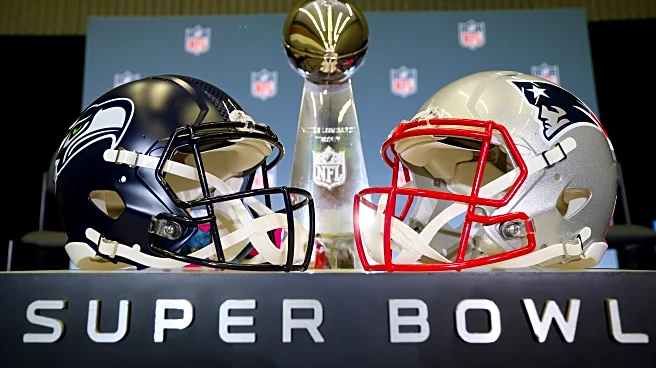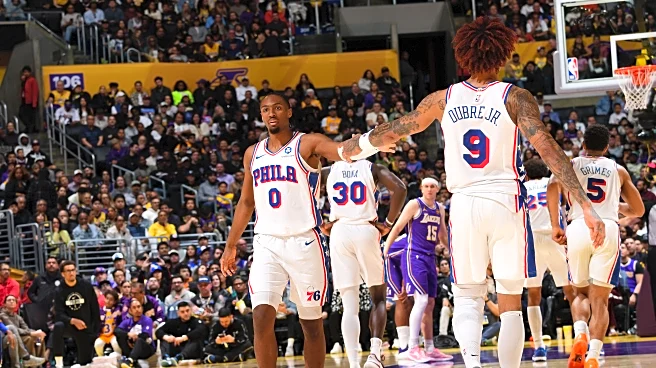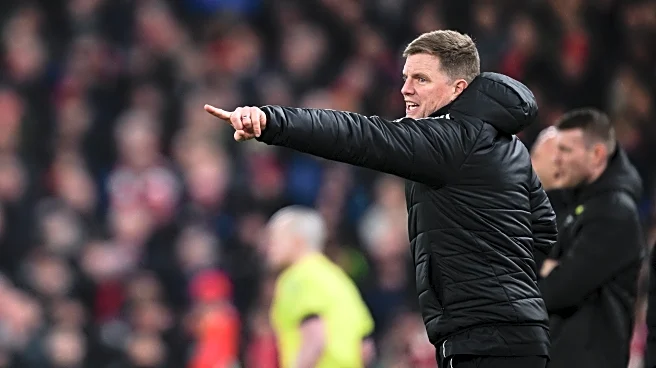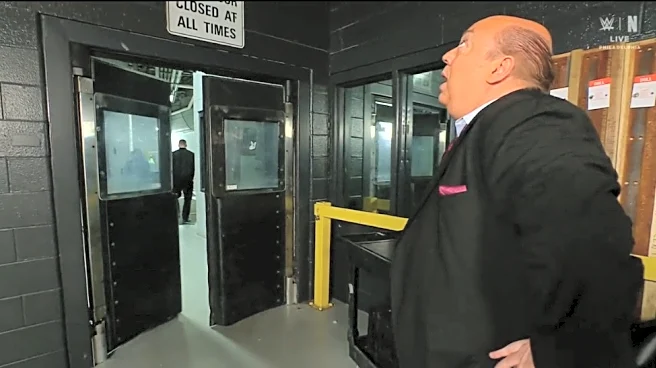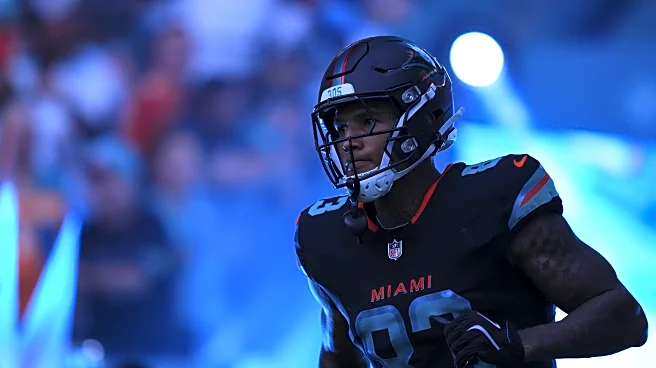What is the story about?
What's Happening?
Stevie Nicks, the renowned rock icon, made headlines with her comments during the FireAid benefit concert following the devastating Palisades fire in Los Angeles. Nicks attributed the survival of her home to divine intervention, stating that 'God saved that house for me.' Her remarks have sparked controversy, particularly among those who lost their homes in the fire. The Palisades fire, which occurred in early 2025, destroyed nearly 7,000 structures, leaving many families homeless. Nicks' comments have been criticized for being tone-deaf, as they imply selective divine favor, raising questions about why other homes were not spared. The FireAid concert aimed to raise funds for victims, featuring stories of loss and heroism, with Nicks' performance being a highlight. Despite the backlash, Nicks used her platform to help those affected, showcasing the complex interplay between celebrity influence and public perception during times of crisis.
Why It's Important?
The controversy surrounding Stevie Nicks' comments highlights the broader societal issues of privilege and perception during natural disasters. Her remarks have ignited discussions on the role of faith and luck in the aftermath of tragedies, questioning the fairness of attributing survival to divine intervention. This incident underscores the challenges faced by celebrities in navigating public sentiment, especially when their experiences differ significantly from those of average citizens. The backlash reflects the frustration of those who feel overlooked or marginalized, emphasizing the need for sensitivity and awareness in public statements. Moreover, it brings attention to the psychological impact of disasters, as survivors grapple with loss and uncertainty. Nicks' comments serve as a reminder of the importance of empathy and understanding in addressing the needs of affected communities, highlighting the potential for celebrity influence to both aid and alienate during recovery efforts.
What's Next?
As the community continues to recover from the Palisades fire, discussions around Nicks' comments may lead to broader conversations about the role of celebrities in disaster relief efforts. There may be calls for more inclusive and empathetic approaches to aid, focusing on the needs of all victims rather than individual stories of survival. Additionally, the incident could prompt celebrities to be more mindful of their public statements, considering the diverse experiences of those affected by such tragedies. Organizations involved in disaster relief might use this opportunity to advocate for policies that address the psychological and material needs of victims, ensuring equitable support. The ongoing recovery efforts will likely involve collaboration between local authorities, relief organizations, and community leaders to rebuild and support those impacted by the fire.
Beyond the Headlines
The incident with Stevie Nicks also raises ethical questions about the intersection of faith and public discourse. It challenges the notion of divine intervention in disasters, prompting a reevaluation of how religious beliefs are communicated in public forums. This could lead to a deeper exploration of the cultural dimensions of faith, privilege, and survival, encouraging more nuanced discussions about the role of spirituality in coping with loss. Furthermore, it highlights the potential for celebrities to influence public perception and policy, underscoring the need for responsible and informed engagement with affected communities. The controversy may inspire broader societal reflections on resilience and the human capacity to overcome adversity, fostering a collective understanding of the complexities involved in disaster recovery.


